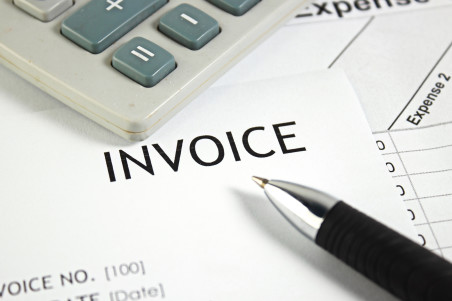How Corporate Debt Affects Your Business Debt in the Long Run

One thing is certain: corporate debt flows downward. If the chief financial officer of a company is struggling with debt, the lower-level employees will inevitably face the consequences of his or her debt. You might say, when it comes to corporate debt, “one bad apple spoils the whole bunch.” If you’re not making responsible financial decisions, your entire company will suffer.
Corporate debt is particularly dangerous because it eliminates your potential for leverage. Without leverage, your company cannot grow. We understand that high inflation has encouraged many CFOs to go deeper and deeper into debt in order to meet the rising needs of their company. As the costs of equipment and supplies have risen in the past several decades, businesses have struggled to maintain their corporate debt. Unfortunately, debt at the top trickles down, causing harm to every employee and making it risky to consider selling your business to investors.
How Corporate Debt Hurts Your Business
The amount of corporate debt you choose to take on will affect a number of components of your company’s balance sheet. Bankers, investors, and analysts review balance sheets to assess the risk associated with a particular business. If your company is on rocky financial ground, it won’t go unnoticed, and it could be an early sign that your company is headed towards serious financial struggle. In order to avoid such things, it is important to educate yourself on the main components that bankers and investors consider when evaluating your business debt.
First, they examine financial ratios, particularly the fluctuations in a company’s debt level. Any sudden increases or decreases in corporate debt are signifiers of a company’s financial state. Secondly, the debt-to-asset ratio is carefully examined with business debt. If a company has far more debt than total assets, it can be a red flag to bankers that the operation is in poor financial health. If you don’t have sufficient assets to cover your debt, you may have trouble remaining afloat.
Lastly, the debt-to-equity ratio indicates how much of your overall financing comes from debt as well as third parties, such as shareholders. No careful investor wants to take a risk on a company in danger of insolvency, since that debt will have to be paid off before any shareholders see returns. If you are uncertain about the state of your balance sheet, you can easily make a personal balance sheet online for free to see where your company stands.
How Corporate Debt Affects Your Purchase Price
For many business owners with short-term corporate debt, sky high and unexpectedly shifting interest rates are inevitable, as are refinancing plans, in some cases. Refinancing corporate debt can be risky. Entrepreneurs who assume selling their business can erase their accumulated debts may also be in for a rude awakening. In some cases, the individual who purchases the company might be able to absorb some of the debt. It is far more likely, however, that if you set out to sell your business, you will find your company’s level of debt negatively impacts buyers’ expectations.
The amount of debt on your company’s books will ultimately influence the outcome of the sale—and perhaps more importantly, it will also influence how much the business is worth to begin with. If you want your purchase price to go up, consider corporate settlement solutions before you make any impulsive decisions on how to handle your corporate debt. If someone is considering buying your business, they probably understand capital structure—and will likely consider any corporate debts before placing an offer.
